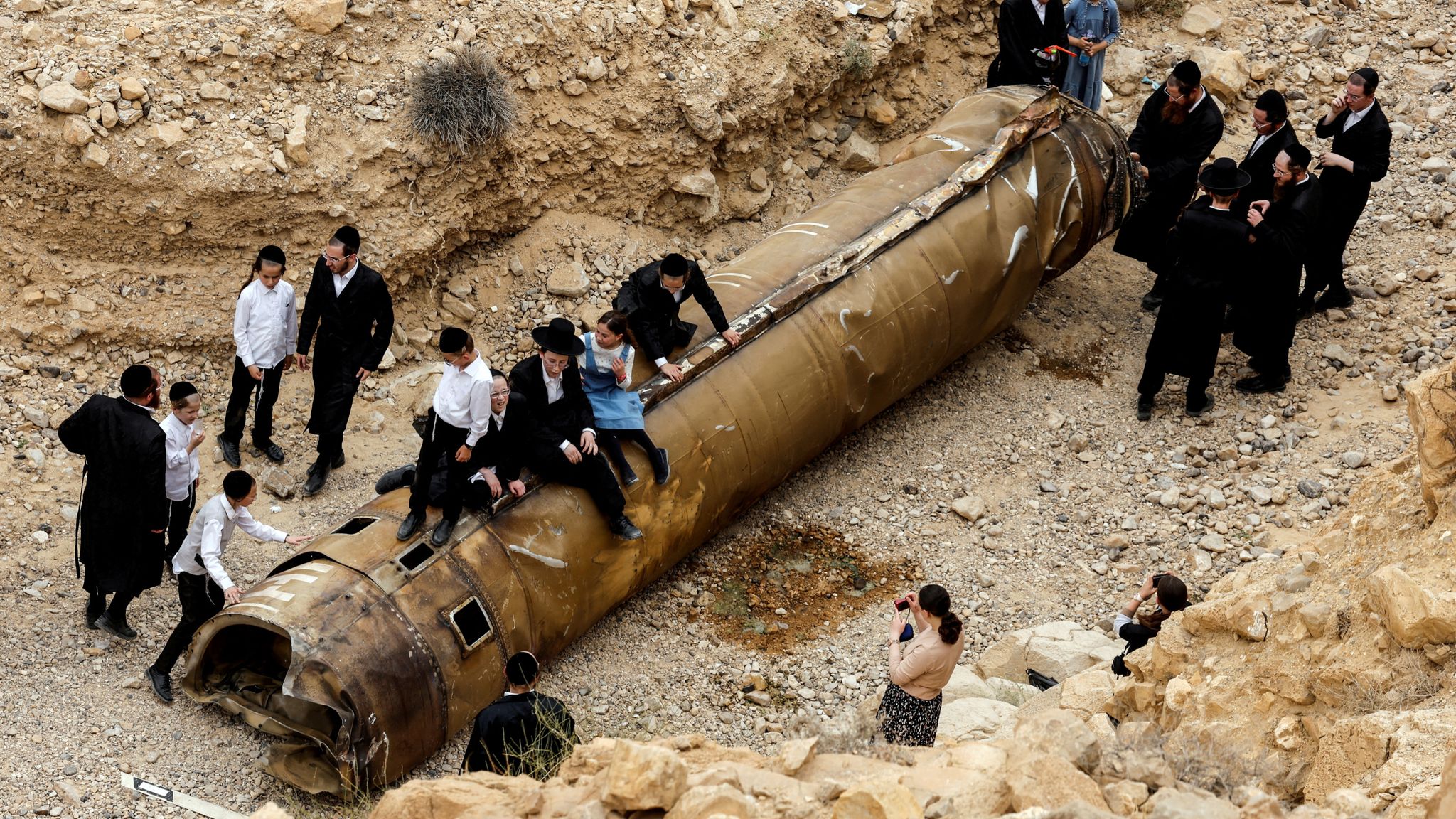
Introduction
The relationship between Israel and Iran has been fraught with tension for decades, reflecting deep-seated ideological, political, and military conflicts. As both nations navigate a complex web of alliances and enmities, understanding the ongoing developments in this rivalry is crucial not only for the countries involved but also for the wider Middle East region and global security. The stakes are particularly high as both nations engage in provocative actions and rhetoric, influencing international diplomatic efforts and alliances.
Current State of Affairs
In recent months, there has been an escalation in military confrontations between Israel and Iranian-affiliated groups, particularly in Syria and Lebanon. The Israeli Defence Forces (IDF) have intensified air strikes targeting Iranian military installations and arms transfers to Hezbollah, a Lebanon-based militant group backed by Tehran. The Israeli government regards Iran’s military presence in Syria as an existential threat, directly impacting its national security.
Conversely, Iranian leaders have responded with fierce rhetoric, declaring their intent to support groups opposed to Israel. In September 2023, Tehran announced significant military support for Hamas and Palestinian factions, raising alarm bells in Jerusalem. Iranian President Ebrahim Raisi’s government claims that it will continue to oppose Israel’s actions in the Palestinian territories, increasing the risk of violent confrontations.
International Implications
The geopolitical implications of the Israel-Iranian rivalry extend far beyond their immediate borders. The United States, under the Biden administration, has been mediating efforts to restrain Iran’s nuclear ambitions whilst reinforcing its support for Israel’s right to defend itself. However, diplomatic negotiations, particularly concerning the Joint Comprehensive Plan of Action (JCPOA), remain stalled, complicating broader U.S. strategies in the region.
Furthermore, the recent rapprochement between Iran and Saudi Arabia has added another layer of complexity to Middle Eastern politics, which Israel views with suspicion. As Arab nations increasingly engage with Tehran, Israel finds itself isolated, pushing it closer to forming defensive alliances with other Gulf nations to counterbalance Iranian influence.
Conclusion
In conclusion, the Israel-Iranian relationship is characterised by persistent hostility, with ongoing military actions and strategic manoeuvring likely to continue in the foreseeable future. With both countries unwavering in their positions, the risk of miscalculation and escalation remains high, posing threats not only to regional stability but to global security as well. For citizens and policymakers alike, staying informed about these developments is vital, as they hold significant implications for international relations and peace processes moving forward.
You may also like

Wales Online: Your Go-To Source for Welsh News

Exploring the Unique Heritage and Current Affairs of Eswatini

SEARCH
LAST NEWS
- Remembering Wendy Richard: The Promise to Co-Star Natalie Cassidy
- How Did Anglian Water Achieve an ‘Essentials’ Rating for Mental Health Accessibility?
- Shai Hope Leads West Indies in T20 World Cup Clash Against South Africa
- What We Know About Weston McKennie: Future at Juventus and Past at Leeds
- What We Know About the Upcoming Live Nation Antitrust Trial